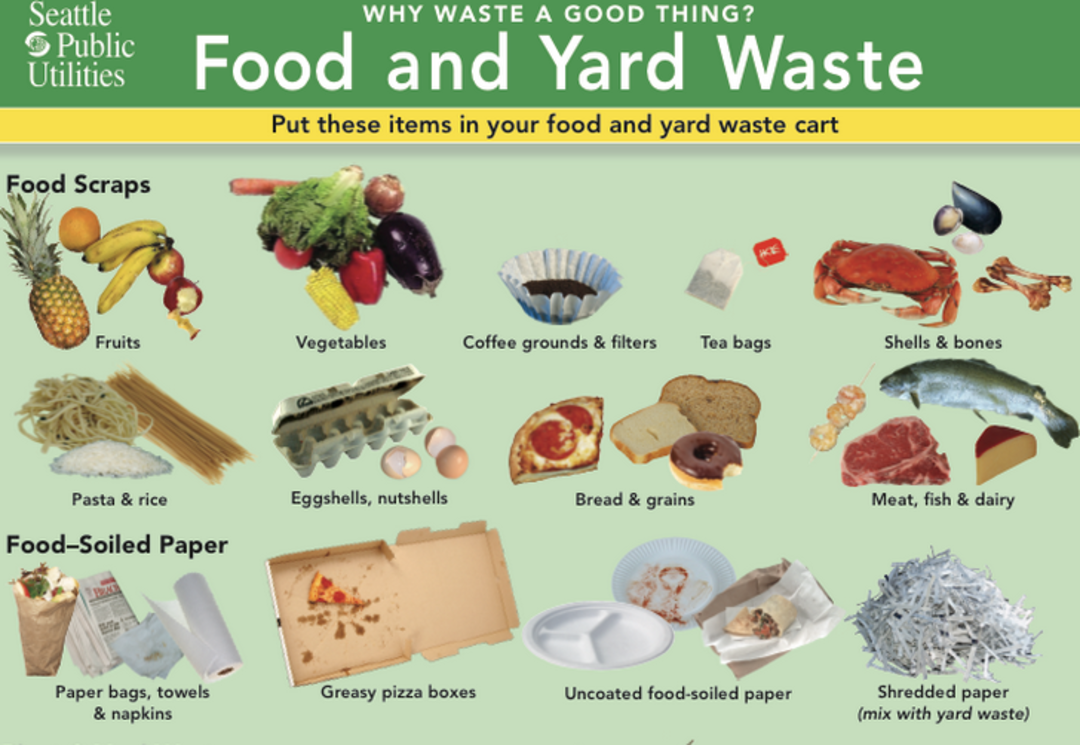On Other Blogs Today: Clock Ticks on State Budget and Columbia River Crossing

OOBT
1. The News Tribune's incorrigible Peter Callaghan sees a silver lining in the looming prospect of a state government shutdown (legislators have until July 1 to come up with a budget or the state shuts down): State legislators won't get paid. Then again, that would give them even less incentive to get their jobs done.
(The rest of Callaghan's piece, a rhetorical Q&A, includes answers to lots of questions you might have about what's going on with the state budget and potential shutdown, including "Will they really shut down?", "Which state services would be suspended"?, and "How did the state get to this point?")
2. Also for those with their eyes on Olympia: The AP has a list of five things to watch for during this week of the special session, including: The budget (will it happen?); the revenue forecast (how will it look?) non-budget policy bills (do they stand a chance?); and the looming government shutdown (who will it impact?)

3. U.S. Sen. Patty Murray (D-WA) turned up the heat on opponents of the Columbia River Crossing bridge last Friday, the Columbian reports, pointing to the economic fallout from the collapse of the Skagit River I-5 bridge earlier this month. During a stop in Vancouver, Murray said, "Seeing the businesses that have been impacted, the tears in their eyes … I can't imagine that happening here if (the Columbia River) bridge were to be shut down because it was declared too unsafe."
Opponents of the new bridge, including Camas Congresswoman Jaime Herrera Beutler (R-3), argue that the lower bridge deck, which is designed to accommodate light rail between Portland and Vancouver, will harm upriver businesses. However, only three businesses would be impacted; of those, two have signed mitigation agreements with the feds and another is in negotiations.
Oregon has approved its $450 million contribution to the bridge, but the $3.4 billion project can't move forward without another $450 million from Washington state; the funding remains in limbo during the ongoing budget negotiations.
4. New York City may have banned big sodas, but they're way behind the West Coast on environmental initiatives like composting and recycling.
Here in Seattle, every household—from the smallest apartment building to the biggest single-family house—has access to a food and yard waste bin, where we can dispose of everything from garden scraps to leftovers to those ubiquitous compostable takeout containers and utensils. In New York, according to the New York Times, there is currently no municipal food-waste recycling program. (Which could be part of the reason we divert nearly 54 percent of our waste from landfills, compared to NYC's 15 percent).
But the city has an excuse, the Times says: They're just so darn big—"too dense and vertically structured for such a policy to succeed." While "smaller cities like Seattle" can make a go at it with our cute little recycling programs, New York apparently faces much bigger hurdles.
They haven't managed to ban Styrofoam yet, either. Guess it's all those vertical buildings and density.




